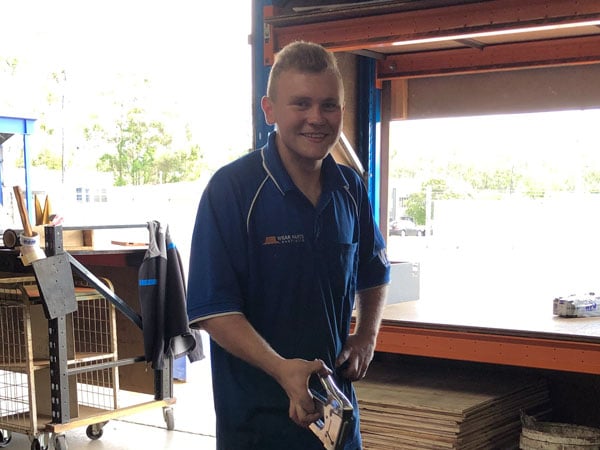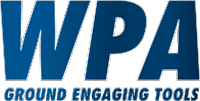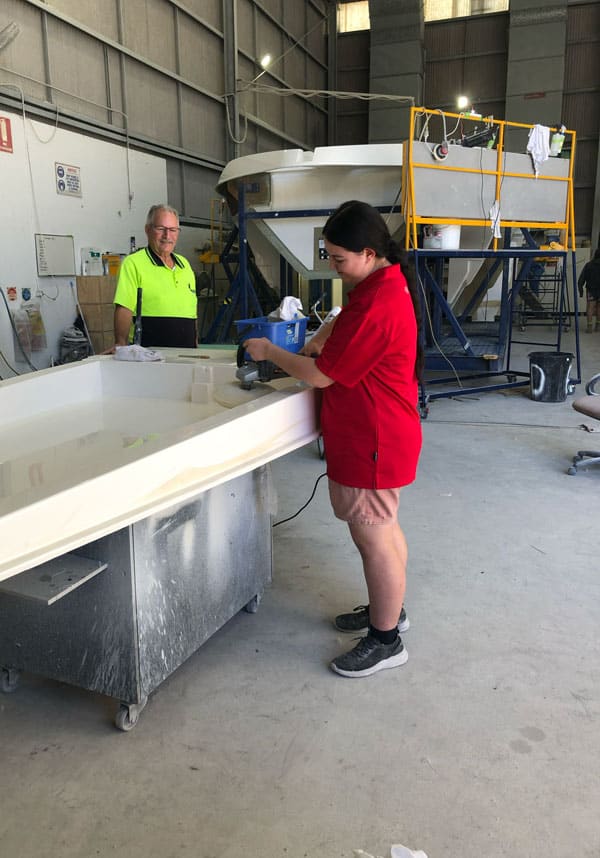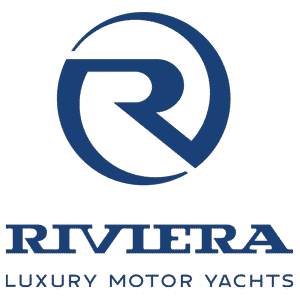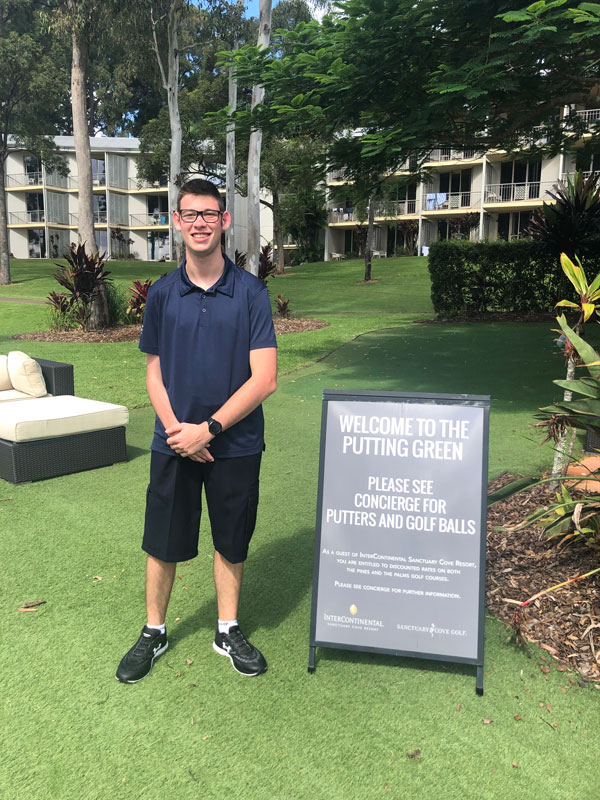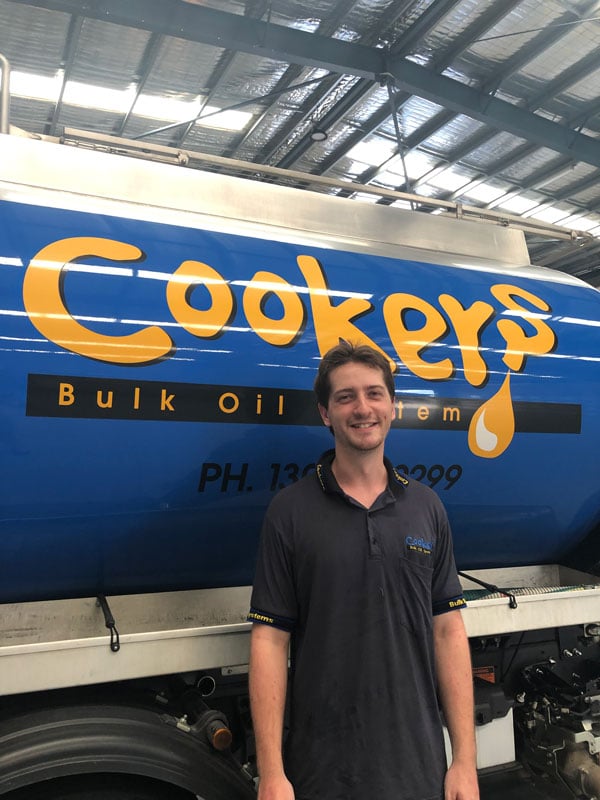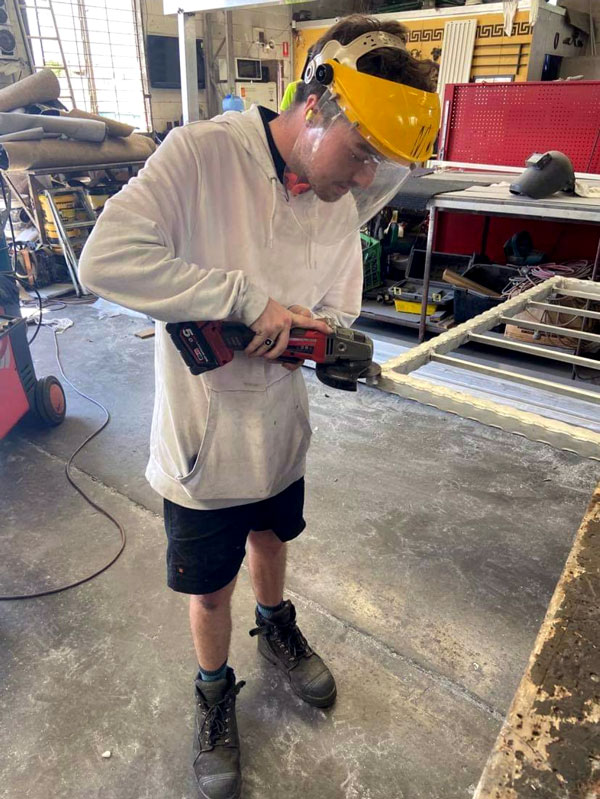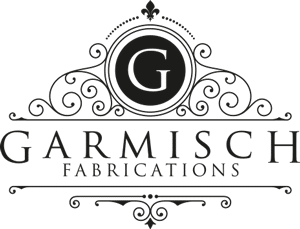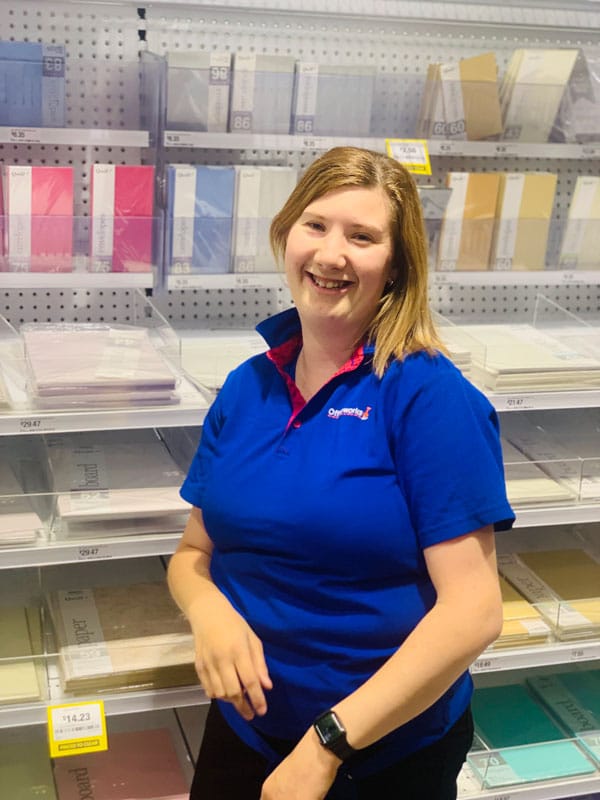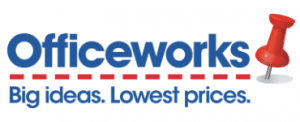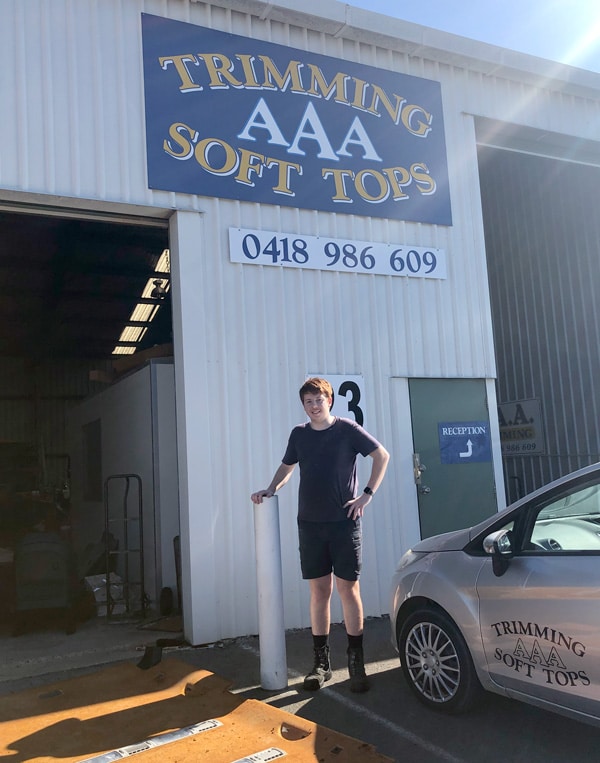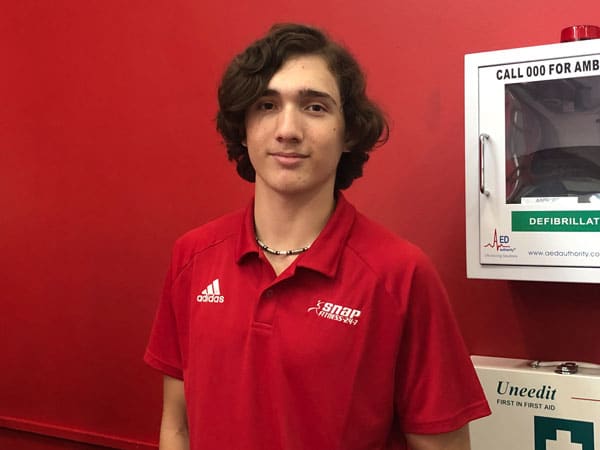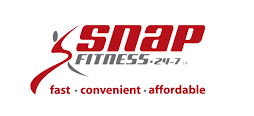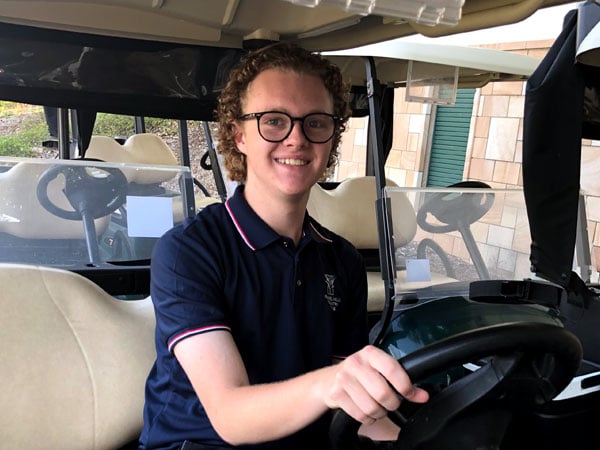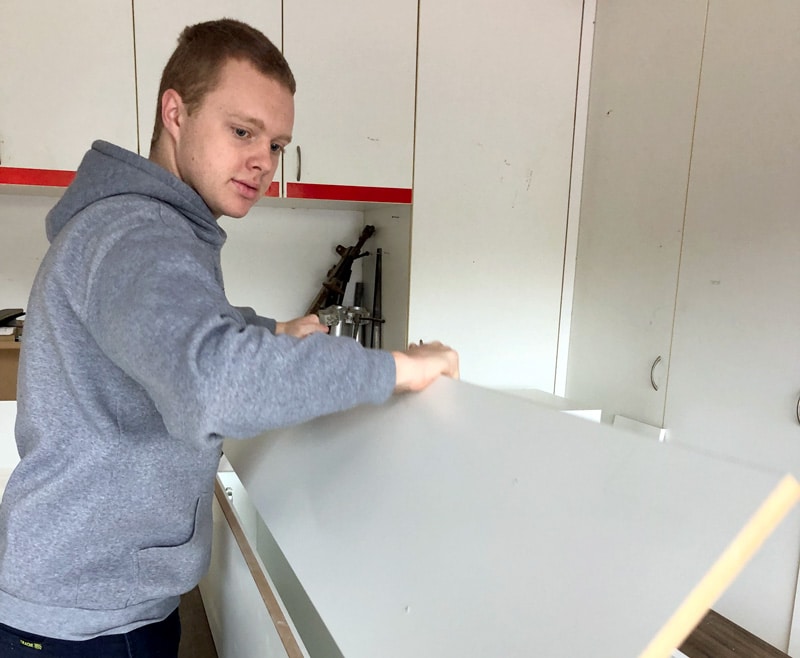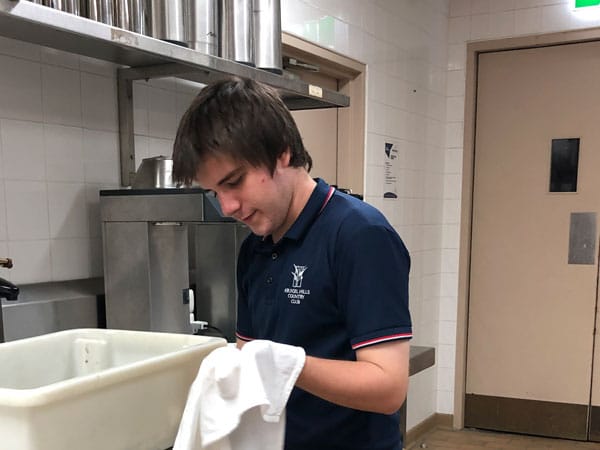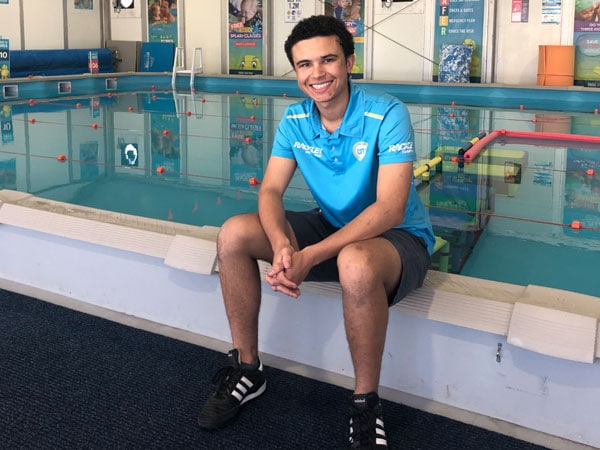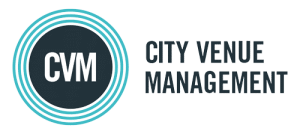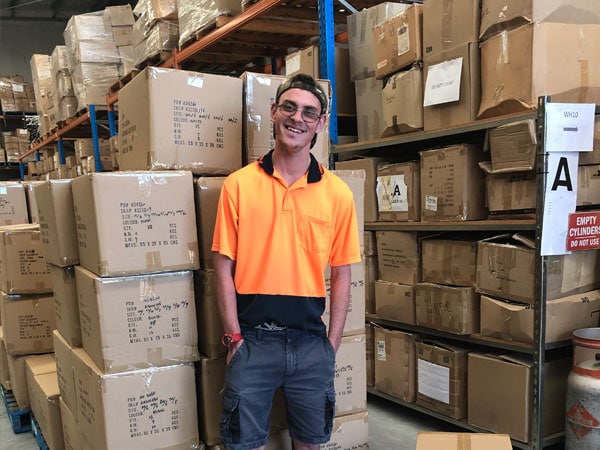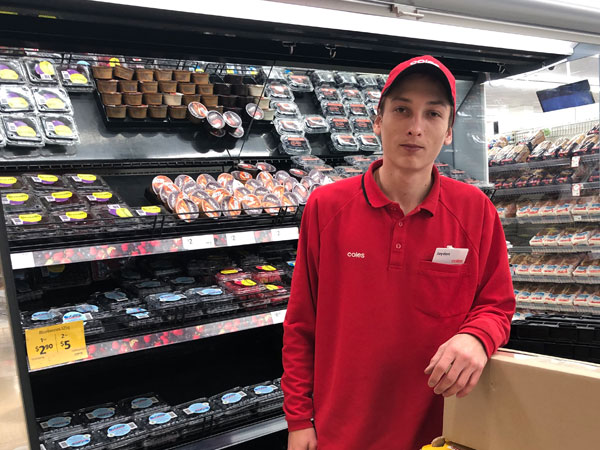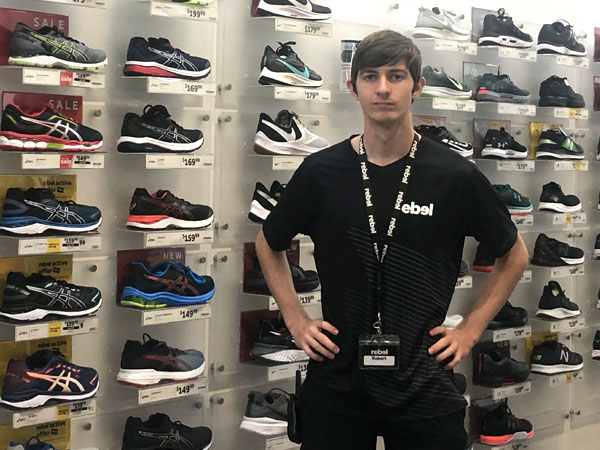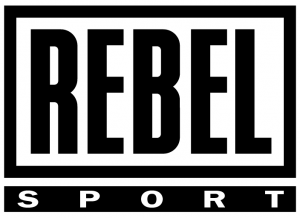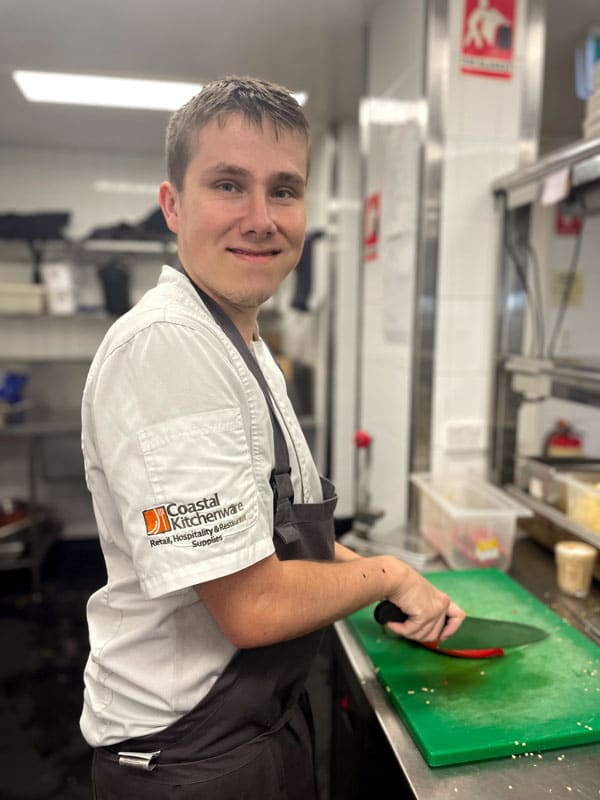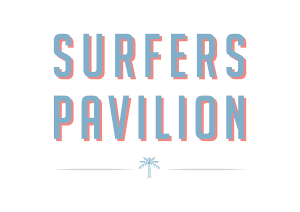With approximately 5 % of the world’s population deaf or hard or hearing it is inevitable that many workplaces will have to address this language barrier at one point. Instead of treating it as a barrier, however, it should be seen as an opportunity to create a more diverse and inclusive workplace.
What is Sign Language?
Sign languages use manual communication and gestures instead of sound to express the speaker’s thoughts and meaning. This involves a combination of hand shapes, facial expressions and the orientation and movement of hands, arms or body. There is no one universal sign language.
Sign languages use a variety of ways to convey meaning. Elements combine with one another to construct the signs on which the language is based. They include:
- hand shapes – Auslan currently has 38 major handshapes with 28 variants which brings it to the total of 66 handshapes in all
- orientation – signs can be oriented to four different sides of the body, with the palm and hand facing different directions
- location – signs may be placed in different locations in relation to the body
- movement – this includes head, arm and hand movement. Movements can be large or small, depending on the sign
- expression – this is as important as intonation when speaking. It can include head and facial movements, and facial expression. Many standard gestures, such as shaking the head for no or raising the eyebrows to form a question, are used to convey emotion, emphasis and intensity
- fingerspelling – Auslan uses a two handed fingerspelling system. When there is no established sign, the word is spelled out on the fingers (for example, when using jargon or a person’s name).
It is important to use all elements of a sign language correctly.
Who are the people that use sign language?
First, however, it is important to fully understand the varying needs of people who utilise sign language. For example, did you know that for some it is not their main communication tool but one that they use in combination with speech or lip reading and hearing aids to be able to communicate as best they can?
Some may have poor pronunciation due to a lack of muscle tone (hypotonia), this can be found in people with down syndrome or cerebral palsy. Others communication may be affected due to developmental issues in the brain or it could be simply because they learn speech through watching rather than hearing. There are a variety of reasons one speech may be affected as well as their hearing and it is a personal choice for many as to whether they use a combination of sign and speech or use solely sign. The key thing to remember is everyone is different and we should not make assumptions as to preference or ability.
Do you know that there is not just one type of sign language?
Just like different countries have different spoken languages so they also have different sign language. From Auslan (Australian) to ASL (American), BSL (British) to other types such as Makaton which focuses on the use of symbols rather than spelling out words. Overall it is estimated there is 142 official sign languages and up to an additional 150 unofficial sign languages.
History of Sign Language in Australia
Many people in the deaf community often ask “where did sign language come from?” Auslan teachers often get asked this question by their hearing students. Many deaf and hearing people think that hearing people invented sign languages. They think that these hearing people then taught sign language to deaf people in schools for deaf children. But this is not true. Sign languages used in deaf communities were created by deaf people.
How did this happen? Deaf people have probably always created “home sign systems” to communicate with their hearing family. Home sign systems are simple sign languages with a small vocabulary and not much grammar. When deaf people begin to meet each other and form a community, at first they use their home signs with each other. Slowly, a sign language starts to develop, as the community use the same signs for the same meanings. They begin to combine the signs to make sentences in the same way. The number of signs grows as they use the new language to talk about many new things, and rules of grammar begin to develop. This is when home sign systems become real sign languages.
What is Australia’s Sign Language?
The sign language of Australia is known as Auslan (Australian Sign Language). Auslan has been recognised by the Federal Government as a community language of Australia in 1991.
Auslan was not created by any single hearing or deaf person, but has grown along with the deaf community. It is a new name (created by Trevor Johnston in the early 1980s) for a language that has been used by deaf people for almost two hundred years. Auslan is related to British Sign Language (BSL). We know that British deaf people started to come to Australia in the 1790s.
Auslan has developed some distinct characteristics (in particular, some unique signs) since it first began to be used in Australia in the nineteenth century. New signs developed in the Australian deaf community, particularly in the residential schools for deaf children because signers may have had little contact with deaf communities in other parts of the country. Auslan has also had some influence from Irish Sign Language (ISL).
Today Auslan seems to be undergoing a period of rapid change. The enormous expansion of sign language interpreter services, especially in the area of secondary and tertiary education and in the delivery of governmental, legal and medical services, has put great demands on the language by both interpreters and deaf people themselves. These developments have produced three main responses:
- attempts to standardise usage,
- the development of new signs to meet new needs,
- the borrowing of signs from other sign languages, particularly from American Sign Language (ASL).
Learn the AUSLAN alphabet in this short introduction video:
For more information visit:
- http://www.auslan.org.au/
- https://deafaustralia.org.au/

